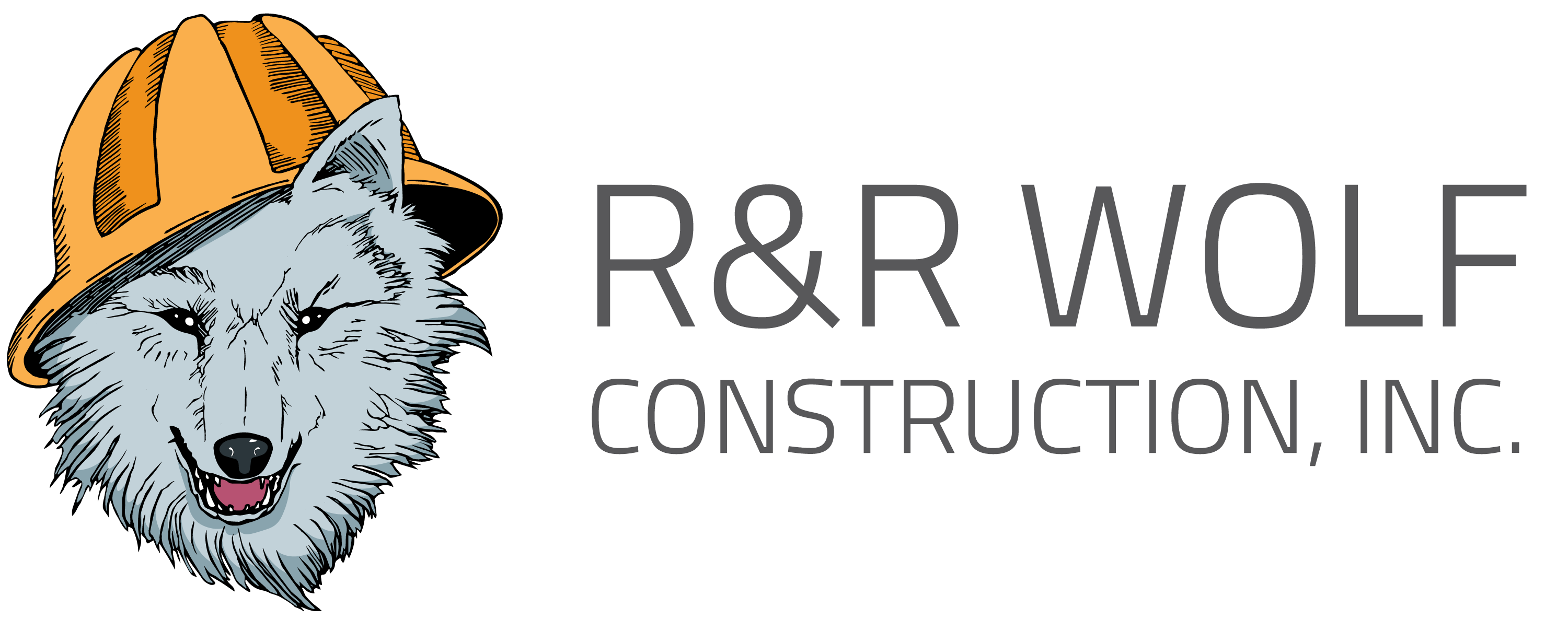Are you planning a corporate relocation and worried about staying within your budget? Many companies underestimate the financial requirements involved in moving their business, even if it’s just to a nearby location. When preparing for a corporate move, you should consider more than just the cost of hiring movers. Here are five essential tips to help you keep your corporate relocation project on track and within budget.
- Thorough Planning is Key
Before diving headfirst into your corporate relocation, remember the saying, “Measure Twice, Cut Once.” Comprehensive planning is essential. Your internal relocation team should allocate sufficient time for tasks such as floor-plan layouts, furniture orders, hardware upgrades, and site inspections. It’s often beneficial to engage external consultants with expertise in these early-phase projects. Their experience can help you avoid costly rework, change orders, and unnecessary downtime. Every day you spend juggling multiple locations translates to lost revenue due to business disruptions.
- Prioritize Your Employees
Relocating a business involves more than just equipment and technology. Don’t overlook the costs associated with relocating your employees. Major changes like moving to a new office can lead to concerns about downsizing or alienation from managers. Employees may also experience logistical challenges, such as longer commutes or changes in childcare and fitness routines. Include initiatives in your budget to address employee stress, like parking allowances or well-equipped company kitchens.
- Invest in Professional Space Planning
Effective commercial space planning goes beyond arranging furniture. Space planners can help your company maximize the use of your new facility while considering factors like privacy, acoustics, lighting, and their impact on work culture. It’s crucial to plan for future expansion possibilities, ensuring you can accommodate new workstations or equipment if your organization grows.
- Outsource Building Management Matters
When transitioning from your old facility to a new one, understanding your lease terms and conditions is vital. It’s not just about building and modifying space; there are numerous details to manage, including mail delivery, insurance, phone and data cabling, employee access, parking permits, and signage changes. Consider hiring a dedicated liaison or project manager to coordinate with your new landlord or building manager to streamline this process.
- Offer Post-Move Troubleshooting
Even the smoothest moves can result in unexpected issues that only become apparent after the move. Consider partnering with corporate relocation project managers who can address these concerns promptly. You might want to create an online portal and ticketing system to manage post-move issues efficiently.
If you have questions or need more specific advice about planning your company’s move, please feel free to contact R&R Wolf Construction at (508) 699-3630 or info@rrwolf.com. We value your input and enjoy sharing our expertise with our readers.

